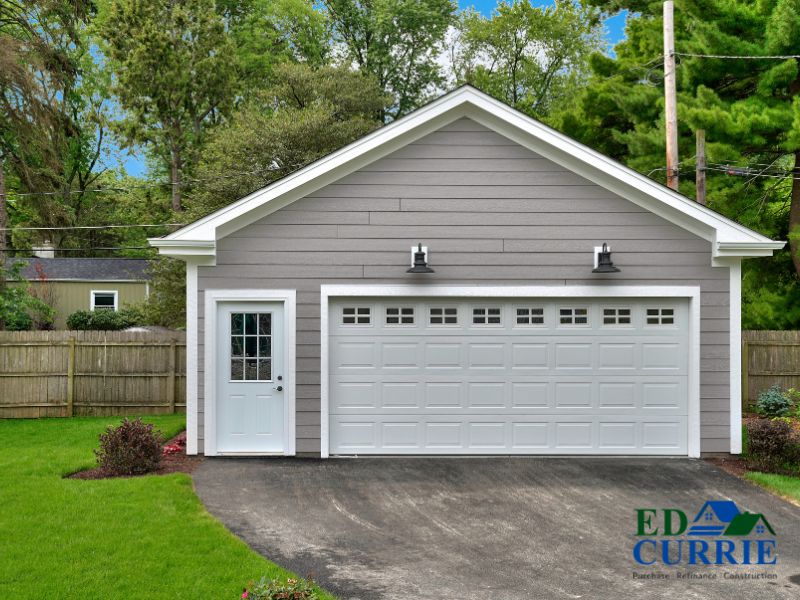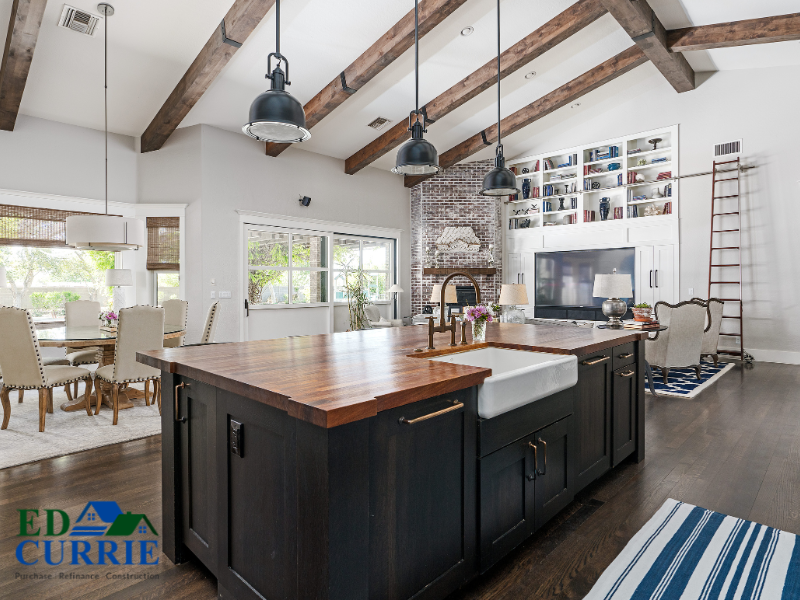Navigating the realm of construction loans in Illinois can be a complex endeavor, especially for those looking to build their dream homes or invest in real estate development. In the heartland of America, where the blend of urban centers and rural beauty exists, Illinois offers a vast canvas for construction projects. With its mix of towering skyscrapers in Chicago and charming small towns, the demand for construction loans remains robust. Construction loans are specially designed for funding new construction projects. Unlike traditional mortgages, these loans provide borrowers with the capital needed to pay contractors and cover material costs. They tend to have higher interest rates due to the increased risk and are typically short-term, covering the duration of the construction project. For those seeking construction loans in Illinois, the process generally involves a more detailed approval system. Lenders want to ensure that the planned project is feasible and that the borrower has the financial stability to complete it. This often means a thorough examination of the construction plans, budget estimates, and the hiring of established contractors. In urban centers like Chicago, where land and labor costs are higher, getting approval can be particularly stringent. One of the primary areas where construction loans are in high demand is Chicago. The city’s vibrant economy and diverse population make it an attractive location for developers and homeowners alike. In Chicago, where the real estate market is ever-evolving, construction loans are sought for high-rise apartments, commercial buildings, and luxury homes. This metropolis, known for its stunning skyline and architectural marvels, requires a detailed understanding of local regulations and zoning laws before embarking on any construction project. Prospective borrowers must also consider the types of construction loans available. The two main types are “construction-to-permanent” loans and “stand-alone construction” loans. The former transitions into a permanent mortgage once construction is complete, providing convenience and potentially lower costs. The latter is a short-term loan that must be paid off upon completion with a separate mortgage. In the competitive markets of Illinois, particularly in cities such as Chicago, choosing the right type of loan is crucial in managing financial risks and ensuring a smooth construction process. Understanding the local market is equally essential when considering construction loans in Illinois. Factors such as property values, cost of building materials, and economic conditions can heavily influence the feasibility and profitability of a construction project. For instance, while construction costs might be lower in the rural areas of Illinois, the potential return on investment could be significantly higher in Chicago due to its robust housing market and consistent demand. Moreover, borrowing limits and lending criteria can vary across Illinois. In Chicago, some lenders might offer higher loan amounts, reflecting the higher property valuations and construction costs. However, this also requires borrowers to demonstrate strong financial standings and the ability to manage larger repayments. When approaching the idea of acquiring a construction loan in Illinois, it is advisable to work with local financial experts and lenders who understand the nuances of the state’s real estate market. These professionals can offer valuable insights and tailor loan packages that best suit the specific needs and constraints of the borrower’s project, whether it’s a quaint home in the suburbs or a towering development in Chicago. Ultimately, successful navigation of the construction loan landscape in Illinois depends on thorough research, precise planning, and an understanding of both the financial and regulatory aspects of construction projects. As the industry continues to grow, particularly in thriving hubs like Chicago, these loans will play a pivotal role in shaping the architectural and economic future of the state.

The Benefits of Adding a Detached Garage to Your Home
When it comes to home improvement projects, not all upgrades are created equal. While adding square footage or upgrading existing


